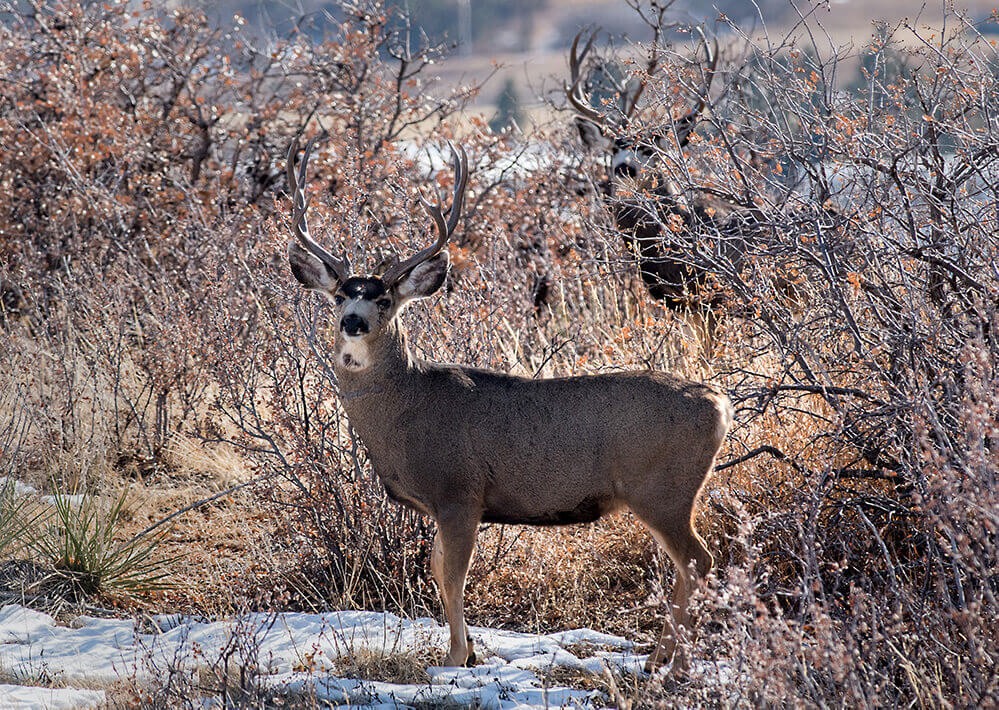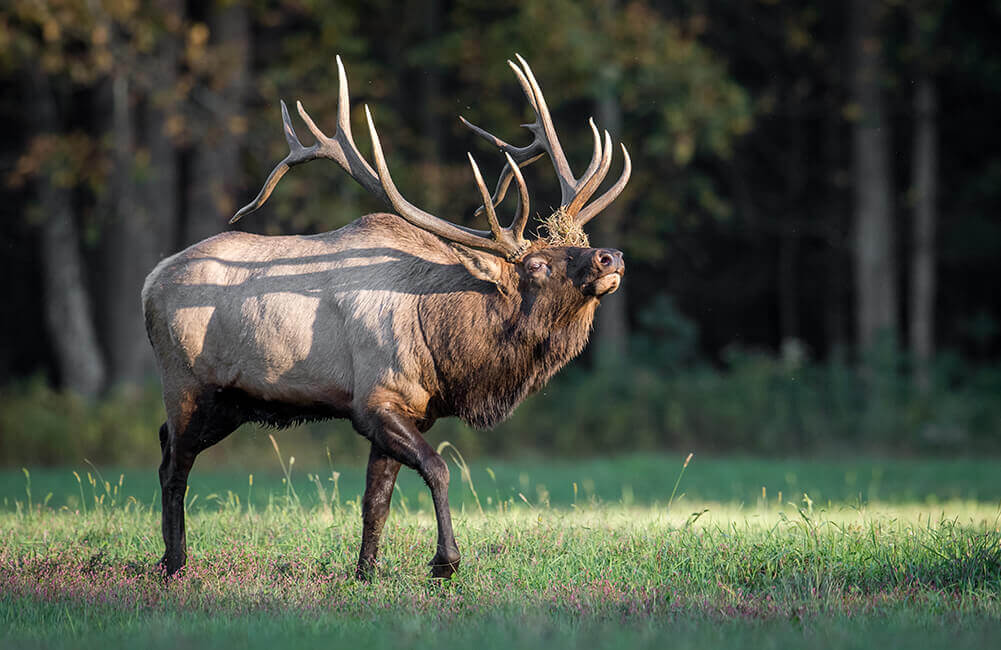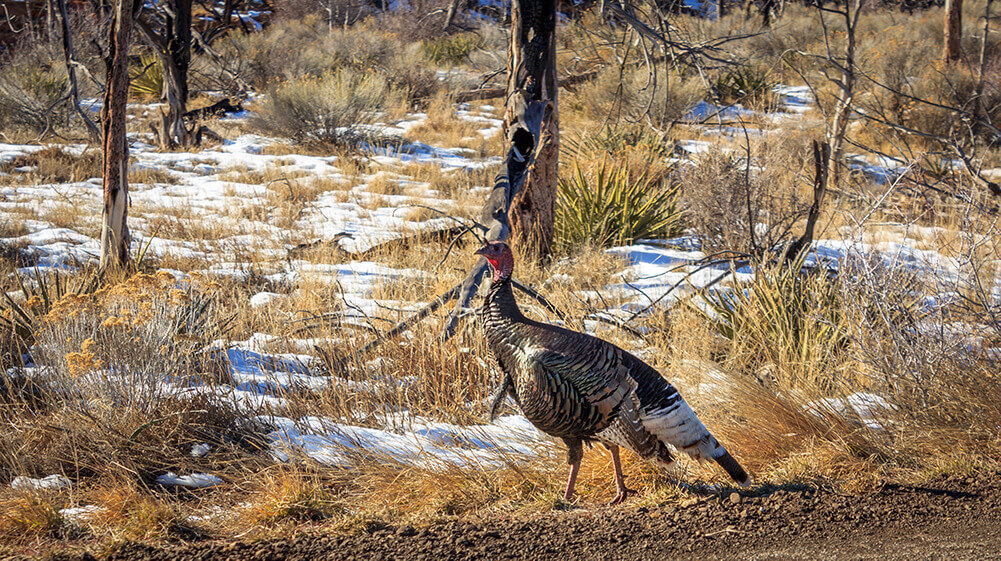-
Can I hunt other animals at the Academy?
No. There is no small game, waterfowl, prairie dog, furbearer, black bear, or mountain lion hunting offered on the Academy.
-
Where can I find more resources?
Colorado Parks and Wildlife has assembled a useful list of other online resources, including instructions on field dressing game and field mapping tools.
-
Why do I have to be escorted for deer and elk hunting?
For safety and security reasons, deer and elk hunters are escorted by Air Force Academy, US Fish and Wildlife Service, and Colorado Parks and Wildlife staff, or other approved volunteers.
Under the direction of an escort, hunters may pursue big game throughout their scheduled hunt. Escorts do not instruct hunters to harvest a particular animal. The escorts transport hunters to the prime game areas in government vehicles, but public safety and security often dictates when and where hunting can occur. Escorts will provide helpful instruction; however, hunters are expected to understand how to operate their firearm and the basics of field dressing game.
-
Can I bring a guest?
Guests are only allowed on a space-available basis and must be 12+ years of age. Both hunters and guests must complete an Assumption of Risk waiver form.
-
Can I pass on deer with the intent of pursuing a larger antlered buck?
The limited hunting period is intended to help emphasize the use of hunting as a population management tool, rather than encouraging a highly selective harvest of “trophy” buck deer.
Hunters can harvest any deer they choose, including a “trophy” buck, but passing on deer with the intent of pursuing a larger-antlered animal could result in an unfilled tag.
-
What happens if an animal is injured or involved in a vehicle collision?
Deer and elk are occasionally involved in vehicle-related collisions on base. Here are guidelines for handling and reporting wildlife-vehicle accidents which result in the injury or death of the animal. If this occurs, drivers must report any accidents involving large mammals (bobcat, fox, coyote, deer, elk, bear, mountain lion, etc.) to the Security Forces Squadron at 719-333-2000. Do not disturb the animal until an officer has had an opportunity to assess the scene.
-
Does the Academy maintain a wildlife roadkill salvage list?
Yes. Many deceased animals may be salvageable for human consumption. The Natural Resources Office holds an in-person sign up each August to create a salvage list of up to 30 households. People on the list are called in priority order to pick-up any salvageable deer or elk. Animals must be retrieved promptly as they are not field dressed.


